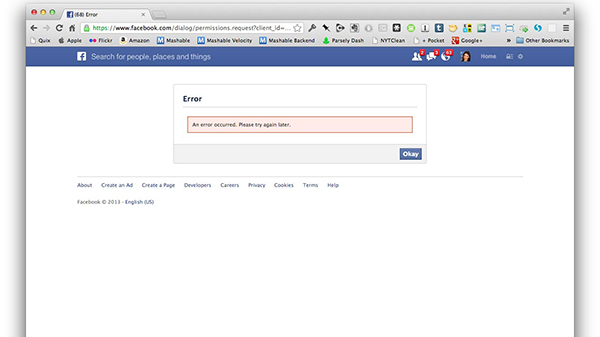Businessweek racconta il successo di Facebook attraverso il carattere, le intuizioni e la filosofia hacker del suo fondatore.
In 2006, when he was 22, Mark Zuckerberg gave up writing computer code to focus on managing his rapidly growing startup. Like Jim Brown retiring from football at 29 or E.M. Forster abandoning the novel in his forties, the prodigy who programmed the very first version of Facebook was walking away from his transcendent talent. Or so it seemed. A few years later, Zuckerberg began setting annual tests of discipline for himself, vowing to wear a tie to work every day in 2009, learn Mandarin in 2010, and personally kill any animal he ate in 2011. Earlier this year, unbeknown to all but a few friends and co-workers, he gave himself a new challenge with unknown ramifications for what is soon to be Silicon Valley's newest public company. Mark Zuckerberg pledged to return to his roots and spend time programming each day.
Zuckerberg's true skill has always been a facility for hacking. That's a foundational verb at Facebook, to hack. In its offering prospectus, Facebook repeatedly describes its corporate culture as "the hacker way"; on its new campus, a 57-acre office park abutting San Francisco Bay in Menlo Park, Calif., there's a building with a big sign that reads "The Hacker Company." Those slogans don't mean Facebook is teaming up with Anonymous or breaking into NORAD. They're talking about achieving a goal in an unconventional way.
Zuckerberg and his crew have made a series of high-risk moves-five hacks that have changed Silicon Valley forever-that were far more daring than wearing a hoodie to an IPO roadshow. Instead of allowing himself to be replaced by a more seasoned chief executive officer early on, Zuckerberg consolidated his authority with bylaws that gave him an incontestable voting majority on the company's board. He preserved that power by rebuffing repeated acquisition offers. Instead of rushing to go public, Facebook delayed its offering well past the usual ripening date of other successful startups. Even conventional hacking-manipulation of computer code-is executed in an unusual way at Facebook.
Every Zuckerberg hack is in the service of an overarching vision: that technology and online authenticity can bring people together. And the easier it is for people to find one another, the more time they'll spend online, sharing photos of their kids, their moods, what they read, who they date, and on and on with all the people they have met in their life (or, if they neglect their privacy settings, with the whole world). Neither Zuckerberg nor other Facebook executives would comment for this story because of the quiet period mandated by the Securities and Exchange Commission before going public. But just as Jobs evangelized for simple, elegant devices, and Gates extolled the productivity-enhancing power of software, Zuckerberg has long argued his case to an often skeptical audience. "I think Mark Zuckerberg is 'The One,' " says Roger McNamee, a longtime Valley venture capitalist whose firm, Elevation Partners, is an investor in Facebook. "Like Bill Gates and Steve Jobs, he has set a tone that everyone else has lined up behind."
LEGGI ALTRO...


